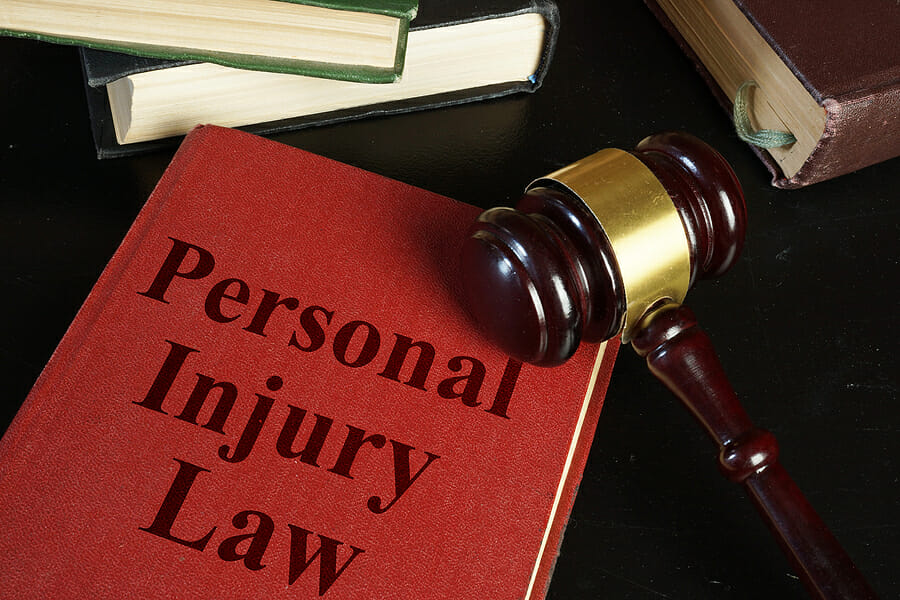When you’ve suffered through an injury, the quality of your legal representation can significantly impact your case. In fact, it could make or break the outcome. But with so many lawyers advertising their services, how do you choose the right one? That’s an age-old question that we’re going to attempt to answer on a very practical level.
Specialized Experience in Personal Injury Law
Personal injury law is complex and varies widely from one case to another. It encompasses a number of different scenarios and issues, from auto accidents and slip-and-falls to medical malpractice and workplace injuries. With that being said, the first attribute to look for in a lawyer is specialized experience in personal injury law.
Why does this matter? A lawyer specializing in personal injury law is more likely to be up to date with relevant laws and precedents that can affect your case. They have a deep understanding of the nuances of personal injury claims, including assessing the true value of your claim. They’ll also be capable of understanding the medical terminology and procedures involved – which is extremely important when putting together a case or negotiating with insurance companies.
When consulting potential lawyers, ask about their experience:
- How long have you been practicing personal injury law?
- What percentage of your practice is devoted to personal injury cases?
- Have you handled cases similar to mine? If so, what kind of outcomes were there?
Don’t be afraid to ask questions. This is new territory for you, and any good attorney will happily take the time to clarify anything you’re uncertain about.
Proven Track Record of Success
The outcome of previous cases a lawyer has handled can tell you a lot about what to expect in terms of their ability to successfully manage your case. A good personal injury lawyer will have a strong track record with both settlements and verdicts.
Ask for specific examples of cases they have won. Look for a lawyer who is prepared to go to trial if necessary, which is a significant deterrent against insurers who want to settle for less than what’s fair. (Even if you don’t want to go to trial, having this in your back pocket can be powerful.)
Empathy and Communication
Personal injury cases can be emotionally and physically taxing. You want a lawyer who doesn’t just see you as another case number but as a person who deserves justice and empathy. During your first meeting, evaluate whether the lawyer shows genuine concern about your situation and is enthusiastic about fighting for your rights. Not only that, but you should also make sure they will be working on your case personally.
“At some large Texas personal injury law firms, their personal injury lawyers pass you off to their assistants and their paralegals,” attorney Joel M. Vecchio points out. “At my law firm, that’s not how we help our clients. When you call and ask for your personal injury attorney or have questions about your case, you’ll get answers directly from me.”
That’s the kind of attorney you want. If you’re not getting this standard, then you should probably look for another lawyer.
Throughout your case, you’ll need a lawyer who is accessible and communicative. You want someone who will keep you informed at every step, explaining complex legal terms in understandable language and updating you about the progress of your case.
During initial consultations, notice how well the lawyer listens and responds to your questions. Are they patient and thorough? Can they explain legal processes clearly and understandably? Good communication is crucial in building a trustful client-lawyer relationship.
Reputation and Reviews
A lawyer’s reputation within the legal community and among past clients can provide insight into who they are. If they’ve been practicing law for several years and have a good reputation in their community and professional circles, this is a sign that they’re worth working with.
Check online reviews and testimonials on their website, or independent review sites. Don’t hesitate to ask the lawyer for references from past clients. Additionally, you can check their standing with local bar associations and groups like the American Association for Justice. A respected reputation in the legal community is a good indicator of a trustworthy and competent lawyer.
Transparent Fee Structure
Finally, make sure you understand how the lawyer will charge you. Most personal injury lawyers work on a contingency fee basis, meaning they only get paid if you win your case, with the fee being a percentage of your settlement or court award. Make sure this percentage and other potential costs are clearly outlined and understood before signing an agreement.
Adding it All Up
As you can see, there’s clearly more to hiring a personal injury attorney than calling the first number you see plastered on a bus stop in your town. You need to be meticulous and thoughtful about the person you choose to work with.
Hopefully this article has given you some good food for thought!
Image Source: BigStockPhoto.com (Licensed)
Related Categories: Legal, Reviews








